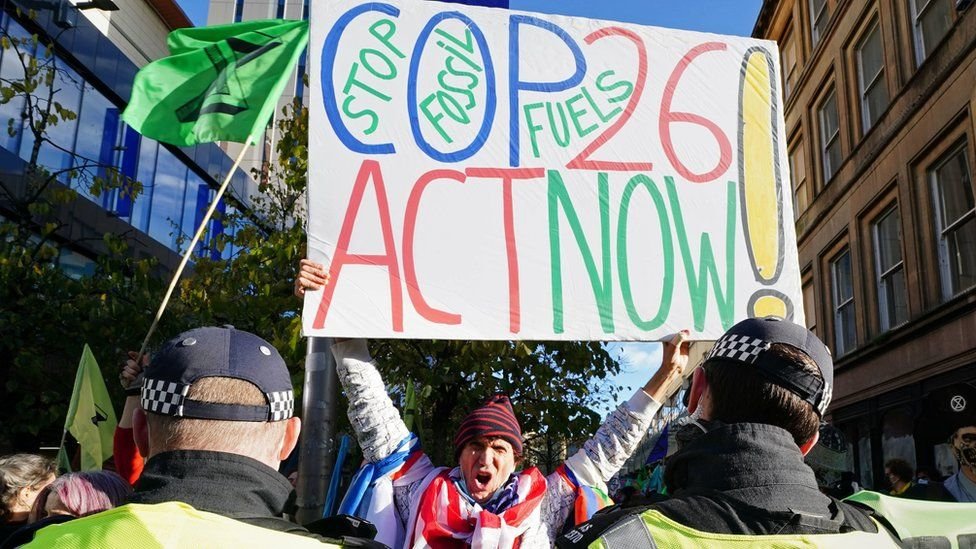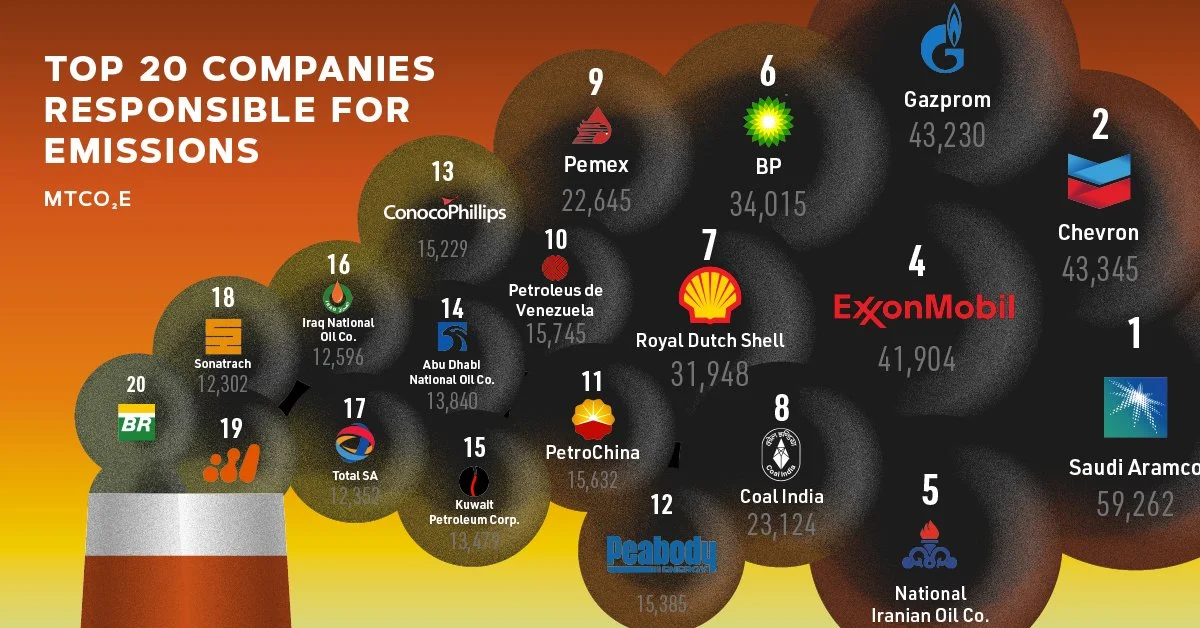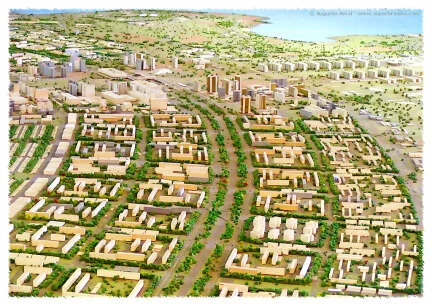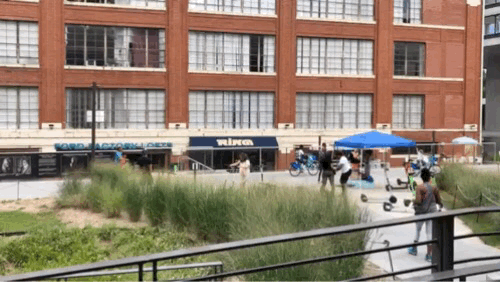How to Tackle Climate Change with APIs
From buying a heat pump at a big box retailer to paying for services with a local HVAC installer, businesses can guarantee that their customers will maximize rebates and tax credits when purchasing qualifying electric appliances.
On Supercharging the Streetlight
Over the past few months, I’ve thought about ways that cities could expand access to chargers across the country, but I was stuck. Whether it was installation barriers for MFD property owners, a peer-to-peer charging network, or relying on corporations like GM or public utilities to provide access, they all seemed to be limited by creeping land use and individual decision makers.
On Designing Livable Cities for All
Trees are still the most effective and affordable way to sequester carbon. On average, a single tree sequesters 50 lbs of carbon dioxide a year. Over the average 40-year lifespan of most urban trees, that’s roughly 1 ton of carbon dioxide per tree. With an estimated 5.5 billion trees in urban areas alone, you get 137.5 million tons of carbon sequestered from the atmosphere from urban forests every single year and 5.5 billion tons over 40 years — a small investment with a big ROI.
On Saving Money as a Climate Solution
Sense-induced energy reductions will vary from house-to-house and depend on a variety of factors, including energy provider (and their fuel mix), whether the home has solar and a battery, and how many appliances are gas-powered vs. electricity-powered.
On Building the Future
My goal with this newsletter is to learn in public about the ideas, concepts, and companies that give us hope for a future where our built environment makes us healthier, not sicker. I’ll explore the promises of climate impact, the science, how it impacts you, and how you might get involved.
Advocating for Small Urban Spaces and New Global Corporate Sustainability Standards
If your employers don't already have a sustainability program, urge them to create one. If you have a staff sustainability manager, encourage the use of a CMAP like Watershed to create public accountability and general sustainability transparency for your colleagues, your customers, and the general public.
The Role of Carbon Accounting in Systemic Change, Pt. 2
Carbon markets are an opening for corporate enterprise and a distraction from real reduction strategies. In the last few months, I've learned of and compiled a growing list of carbon market APIs and marketplaces that are well-intentioned, but signal opportunities to keep business as usual.
Why the Business of Counting Carbon Needs More Time, Pt. 1
CMAP continues to command a growing space in my free thought. If you've read some of my past calls to climate action, you'll quickly realize that I advocate for individual climate advocacy as a groundswell for major climate action. In the past few years, after learning more about climate change and witnessing very real present-day impacts, I was determined to find my own path to create change.
Why Corporate Emissions Data is the Superpower for Effective Climate Action
Carbon markets and carbon accounting is an interesting sector. Yes, quantifying emissions is critically important to making better decisions, but how can we take it a step further than throwing money at the problem? How can we avoid making offsets the poster child of "business as usual"?
Why Are We Watching the Earth Burn?
Despite all the warnings, despite the science, despite the realities we face every day, we continue to go about everyday life as the trajectory of our society continues to drive us towards more consumption in the name of progress and wealth. Even if we somehow managed to bring a population consensus to mobilize in the name of climate action, we're only one nation on a globe with misaligned goals.
In a World of Climate Solutions, Policy Needs a Boost
Technology is not holding us back. Policy is. From a physical science perspective, despite learning ground truth about the effects of climate extremes on individual regions, the reality is we're not learning new things about climate change. It's an exclusively political problem. The potential mechanisms to solve climate change exist, we just need to put them into place now.
Why I’m Buying Into The Great Teslafication
Because public policy attempts to move our cities forward collectively, it runs into problems with consensus, education, and inclusion. Where the reach of public policy influence ends, private industry takes over, creating commercial solutions that address the collective demands of private citizens through innovation and design. As a result, we’ve slowly added better, cheaper insulation to our homes during renovations, installed more efficient tankless water heaters when our old natural gas tanks fail, and even become fanatics of electric vehicles.
Sometimes, as is the case with consumer brands like Tesla, a fanatical following can push collective demand through vanity, envy, and prestige.
Tokens — A Methodology for Managing Mental Health
Although it's clear that mental health has played a critical role in human existence since our first thoughts, I have not personally had a good relationship with my mind. My mentality, largely cultivated by my immigrant parent upbringing, instilled an unwavering determination and a "never settle for less" attitude. As a second-generation Asian American, I was raised by parents that had limited resources when they first stepped foot in America. This lack of physical ownership, language comprehension, and general financial opportunity are what they used as motivation to create the space they needed.
Testing Concepts on Reddit, Learn from Burns
It's easy to get lost in these trendy concepts that are intentionally designed to conjure an image. They quickly take me down a path of exploration where I might combine several shiny ideas to create my own little concept city. But just as easily as these ideas come, they can and should be challenged.
On Overnight Successes and Self Made Entrepreneurs
There is no such thing as an overnight success or a self-made entrepreneur. We all take aid and assistance in every stage and step of our development. It’s important to acknowledge the people that helped us along the way to our successes because people make progress, not the businesses they work for.
In Atlanta, the BeltLine Approaches Climate Change by Design
Not only does the BeltLine aim to revitalize unused and abandoned railways, but this rails-to-trails initiative is paving the way for a stronger relationship between people and their built and natural environments.
Starting Your Climate Journey
Gore, Gates, Thunberg, McKibben.
They all approach climate action in different ways, but they share one element — optimism. Their optimism is rooted in knowing what’s at stake and what we can do to prevent catastrophe.
It may not be the time to take our foot off the gas, but sometimes it's important to let someone take the wheel for a bit. Tackling climate change alone is not just exhausting, it's also arguably futile.
From Vision to Strategy: Why IKEA’s Urban Village Project is the Perfect Testbed for Urban Innovation
Earlier this year, I had the fortune of meeting the UVP lead at Space10 over Google Meet. We discussed the status of the project, potential timelines, and shifts in goals, guideposts, and realities. As with most projects in 2020, conceptual or not, the Covid-19 pandemic put a damper on productivity and feasibility, drawing many projects to a halt. Although I cannot speak for the Space10 or EFFEKT regarding the future of the project, it's something I continue to root for to see in our future.
How OKRs Enhance Planning for the Future of Cities
Restructuring cities to function as a tech product would help to realign the goals of the cities to match the users ("the citizens") with the features ("policies") that represent the population rather than the other way around.
In my opinion, the future of cities needs product managers. The goal of these public officials would be to understand the needs of the people and to define the goals and OKRs of their population — selecting programs and initiatives like features that accomplish those goals. In one sample case, the OKRs would optimize for several key values — improving equitability, improving access to resources, improving investment in innovation.
Oakland Slow Streets, A Call for More Data in Iterative Urban Planning
Although Oakland's approach to urban data is both underwhelming and ill-equipped, it presents an opportunity to drastically improve its approach from intercept surveys, OPD crash data, and maintenance interviews. Lightweight automated tracking and sensor-based solutions present an opportunity to collect de-personalized movement and count data that is far more accurate and functionally cheaper than people.





















